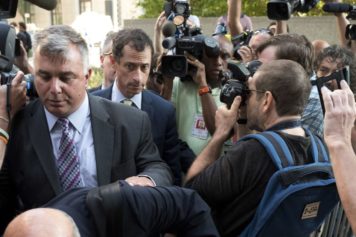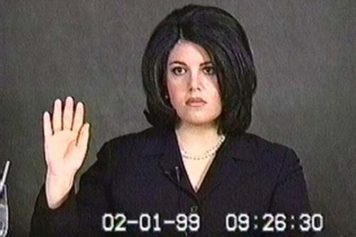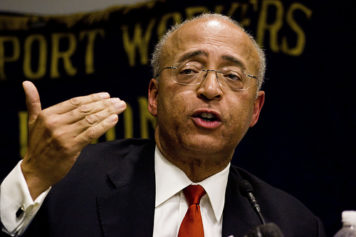Although Anthony Weiner and Eliot Spitzer, candidates for New York City mayor and controller, respectively, have been thoroughly bashed in the media for sexual indiscretions, they seem to be finding a warmer embrace in the black community.
The gap between blacks and whites in the acceptance and forgiveness of the two men has observers and political experts wondering what is behind the difference.
Fredrick C. Harris, a professor of political science at Columbia and the director of its Center on African-American Politics and Society, told The New York Times that the idea of second chances is a strong one in the black community where such a high number of black men experience incarceration.
“I don’t think that African-Americans are more morally lax in their views about these issues than white voters,” he said. “I just think they come at it from a different perspective, and they have a different socialization, given their everyday experiences, as well as their religious values.”
After Weiner acknowledged that he had continued sexting for more than a year after he resigned from Congress, a Quinnipiac poll of likely voters in the Democratic primary found that 64 percent of white voters said Weiner should leave the race, compared to just 42 percent of black voters. As for Spitzer, a recent Quinnipiac poll in the comptroller’s race found that 66 percent of white voters said that Spitzer’s prostitution scandal was a legitimate issue in the comptroller’s race, while just 43 percent of black voters said it was.
Just this week, a New York Times/Siena College poll found 57 percent of black registered Democrats backed him, compared to 37 percent of white voters.
“You can’t think of any major black leader that did not have some kind of legal or other kind of media attack, so we are not as prone to believe the attacks as other communities,” Rev. Al Sharpton told the Times in an interview.
Rev. Johnny Ray Youngblood agreed, saying, “When we as African-Americans look at our history, our own Dr. Martin Luther King, or own Dr. Adam Clayton Powell, there has always been something in a person’s life that others sought to use against their greater good.”
Spitzer and Weiner are spending considerable time in the black church, as they crisscross the city looking for support.
The Rev. Dr. Marvin J. Bentley, pastor of Antioch Baptist Church in Corona, Queens, told the Times that perhaps the heightened attacks on Weiner in recent weeks had galvanized some African-Americans to stick with him, seeing him as a fighter who would not back down.
“I think on the larger scale the African-American community is a little embittered with the political process now, so it’s kind of, ‘If you don’t like this guy, we’ll take him,’” he said. “When you look at the Zimmerman situation and other kinds of factors, and stop and frisk, these are some of the things that we’re still reeling over and angry about. And to see Weiner being beat up, I guess you could say, attacked, because of his own indiscretions or not, I think that there’s a backlash that’s coming from the African-American community.”
For Spitzer, his policies while attorney general and governor of New York are also seen as amenable to blacks, such as his investigations of the New York Police Department’s use of stop-and-frisk tactics and discrimination against minorities in mortgage lending, as well as his aggressiveness against Wall Street.
At Mount Horeb Baptist Church in Corona, Queens, Jeannette Sullivan, 71, a retired airport security guard, said that all politicians had personal flaws.
“Everybody in politics cheats,” she said, laughing.


